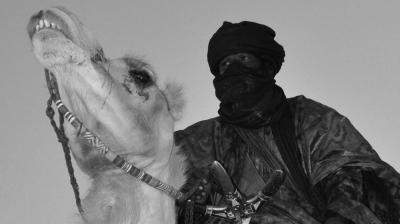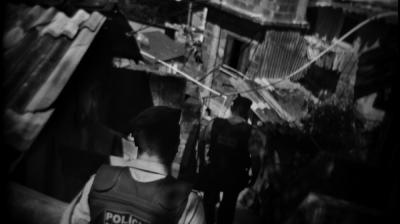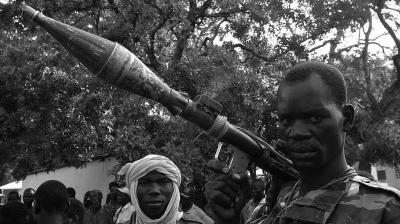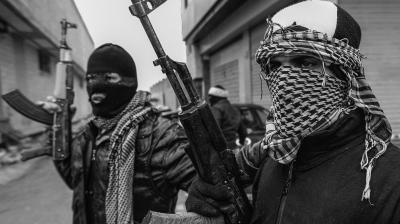Red lines al-Shabaab: negotiating humanitarian access in Somalia
There is no easy way for a Europe-based humanitarian organisation to negotiate access to areas controlled by an armed group whose ideology positions it in opposition to Western power and values. In Somalia between 2009 and 2013 al-Shabaab’s violent and zealous religious disposition, rejection of foreign interference and distrust of non-governmental organisations (NGOs) seriously challenged humanitarian organisations’ attempts to negotiate access.
Al-Shabaab’s relationship with NGOs was ambivalent and always antagonistic to some degree. It largely viewed NGOs with suspicion, characterising them as spies or agents of foreign intervention, and yet at the same time sought to exploit their presence for material gain. But al-Shabaab was also discerning: it observed and passed judgement on organisations, granting access to some while denying it to others. Space to negotiate access existed, at least for some organisations and under certain conditions. At times, however, these conditions forced organisations to explore the limits of the compromises they were willing to make in pursuit of their humanitarian objectives.
During this period Médecins Sans Frontières (MSF), a medical humanitarian organisation, maintained and even modestly expanded humanitarian programmes in al-Shabaab-controlled areas. Focusing on one of MSF’s project sites, this report describes some of the elements, patterns and dilemmas that characterised its experience of engaging with al-Shabaab during the latter’s turbulent rule over a territory marked by chronic humanitarian crises and frequent medical emergencies. Negotiating access with al-Shabaab was ultimately as much about determining and managing MSF’s own “red lines” as it was about negotiating as such.
Please click here to read the full report








